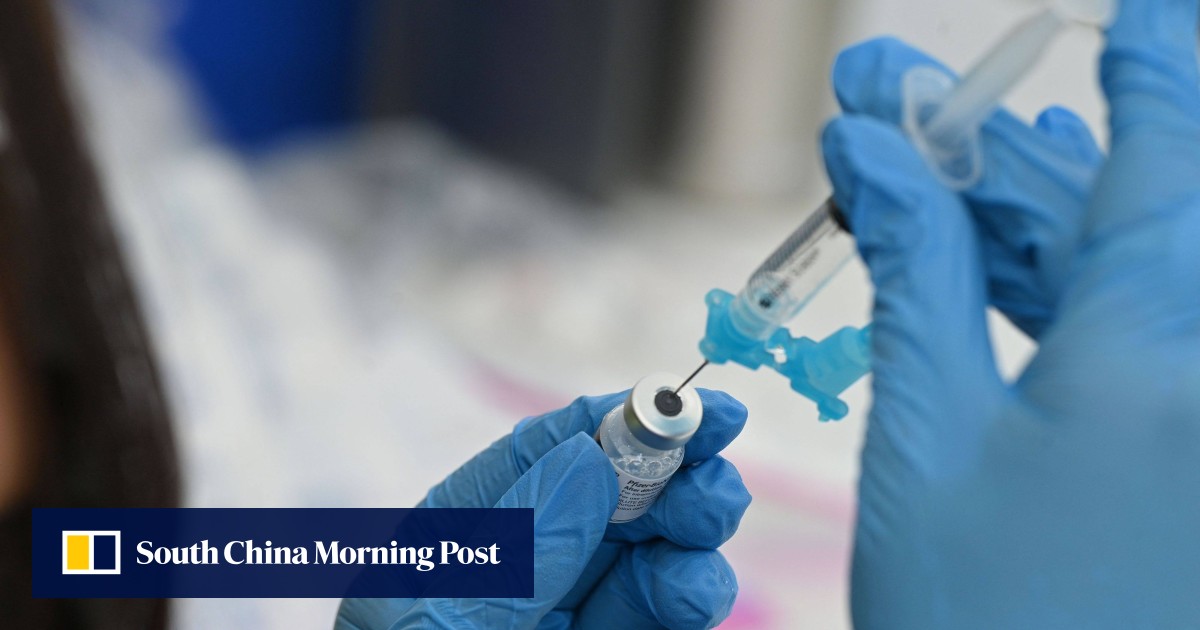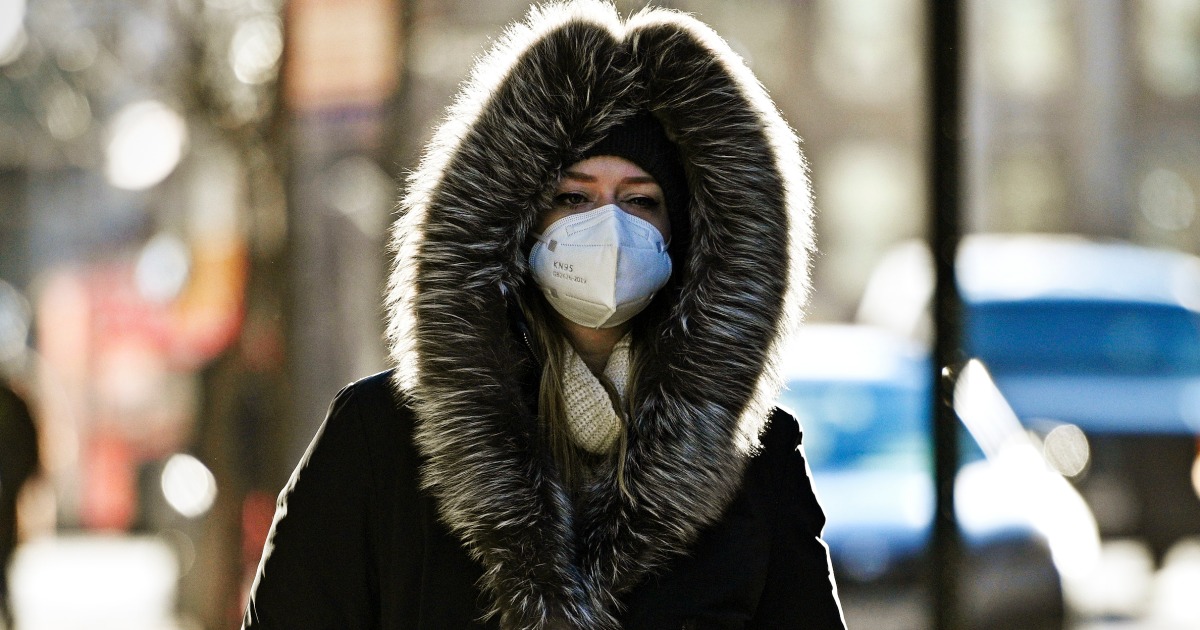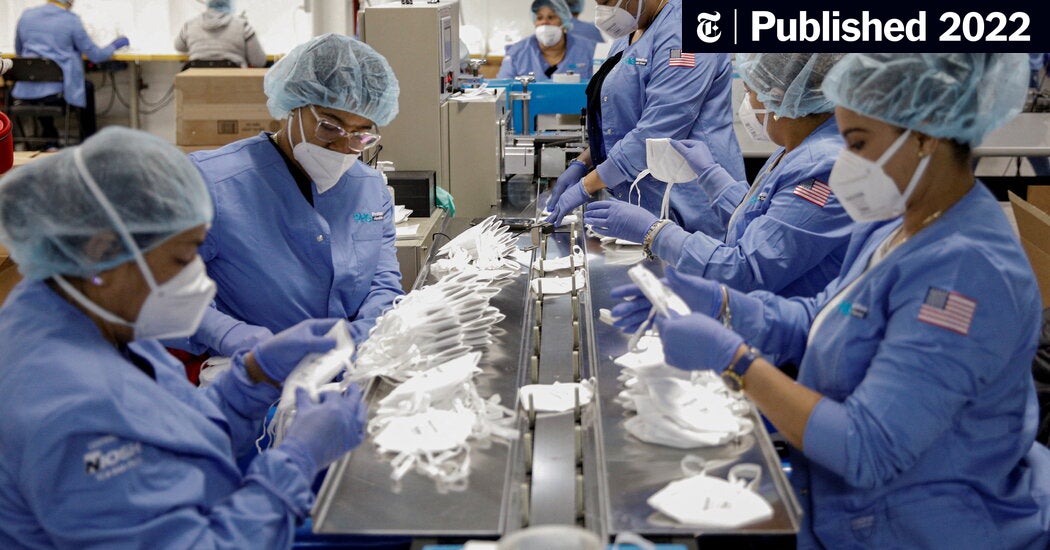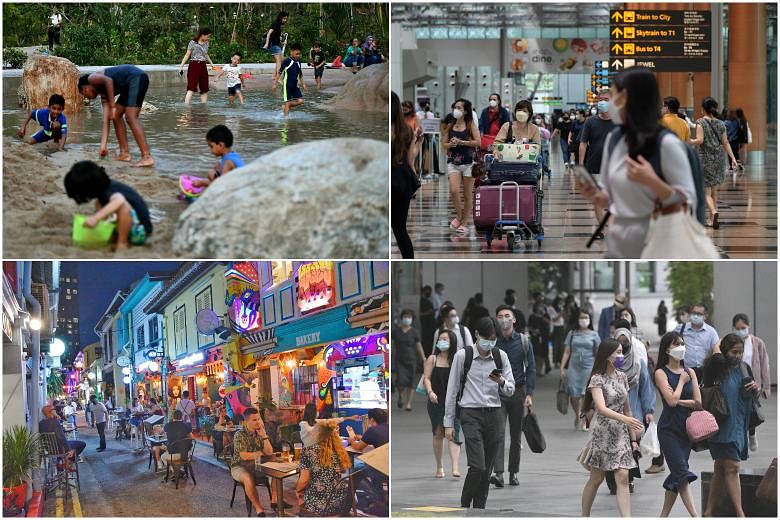Mista
SENIOR MEMBER

- Joined
- Jun 9, 2016
- Messages
- 4,567
- Reaction score
- 10
- Country
- Location
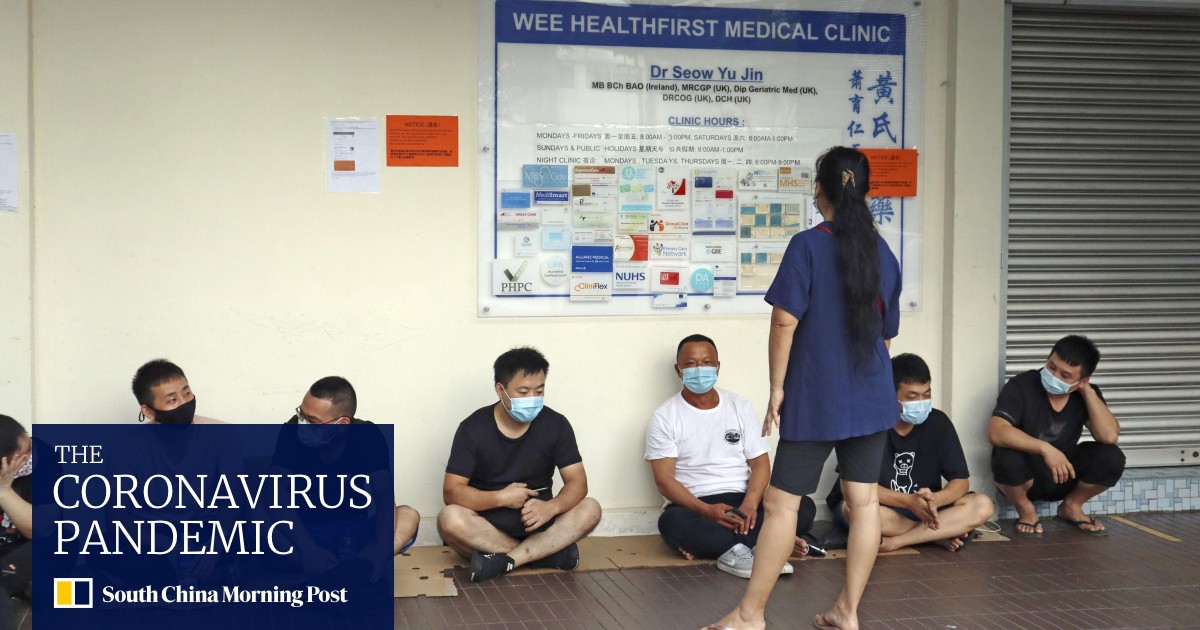
Why some Singaporeans are wishing ‘let me get Covid, please’
With most Covid-19 patients facing mild symptoms and recovering at home from the less-threatening Omicron strain, attitudes towards the virus in the highly-vaccinated nation have become more relaxed.
After advertising tech firm manager Lukas Ng kept telling his friends he wanted to “catch Covid-19”, one of them wrote a song about it. A line in the lyrics of the song, that friends of the 32-year-old have been circulating among themselves goes: “Let me get Covid, please!”
Ng, who has received two shots of the Pfizer vaccine, tested positive on February 14. It felt like it could not come soon enough though. His girlfriend had tested positive earlier and he continued spending time with her as she stayed home. Eight days later, he got a positive result.
“With Omicron being much milder than previous variants, it made sense to catch it, isolate and quarantine myself from my family, so I can form another ‘wall’ from this disease,” he said.
Ng’s eagerness to get Covid-19 is not the norm but it’s part of a marked change in attitudes that Singaporeans – especially younger, healthier people – have towards the virus, since the government called for mindsets to change.
In a televised speech in October, Prime Minister Lee Hsien Loong said: “We should respect Covid-19 but we should not be paralysed by fear.
“Sooner or later, every one of us will meet the virus,” he said.
Ho Kai Xin, 32, who works in a bank, is among those who took Lee’s comments to heart. Because she has not cut back on her social activities and infections are high now in the city state, she is anxious daily about whether she is infected or not. In fact, she says, she would be “relieved” to finally get it.
With 91 per cent of the population now vaccinated and two-thirds having received booster shots, those who catch the virus now recover at home (if they’re not immuno-compromised or elderly), relying on self-test kits for diagnosis and social responsibility to isolate themselves from others for a maximum period of seven days.
Some of their family members though are not keeping away from them, believing it’s best for all in the household to be infected at one go, according to several individuals This Week in Asia spoke to.
The decline in fear of Covid-19 has led experts to warn people against actively seeking out infection. Speaking at a webinar on Monday, infectious diseases expert David Lye said: “Omicron is definitely a blessing compared with Delta, but it is not time to have an Omicron party.
“We are a lot more cheerful in 2022, but it will still hit the vulnerable,” he added.Indeed, the likelihood of catching the virus in Singapore has risen since the highly-transmissible Omicron variant arrived on its shores. Almost half of the country’s 642,605 recorded infections since the start of the pandemic occurred within the past 28 days. On Tuesday, Singapore with its population of 5.45 million registered a new high of 26,032 cases but there was no sense of panic. The central business district was busy during the week with a strong lunch crowd.
It was in stark contrast to a year ago when the vaccination drive was still in its early stages, the authorities were tracking down close contacts through contact tracing and infected people were ring-fenced into recovery facilities. Of those currently infected with Covid-19, 1,587 people were in hospital and 46 of them in intensive care as of Wednesday.
Chloe Ng, 35, whose family of four and their domestic worker are just recovering from the virus, said she would have been more worried if their infections happened even just six months ago. “I guess the virus has also evolved and it has become more like the common flu and our mindsets have also changed,” she said.
Still, there is a group who are more cautious such as those with immune disorders, or people with elderly at home or young children below the age of five who are not eligible for vaccines.
Jenny Lim, 60, is among them. Her adult son and daughter-in-law caught the virus early last week and Lim, who has received a booster, said she avoided close contact with them after they tested positive in a bid to keep herself healthy. “I didn’t want to catch it so that I can take care of them while they are sick,” she said.
Silver lining?
With the current surge in cases, almost 12 per cent of the Singapore population has been infected. This figure is still far behind the infection rate of places like Britain, where about 30 per cent have been infected, but Alex Cook, vice-dean of Singapore’s Saw Swee Hock School of Public Health, said having more people with immunity against the virus was a good sign.Cook said Singapore was already seeing the effects of the immunity with week-on-week growth rates of community cases slowing down, “because many of the people being exposed to the virus now have already been infected”.
The weekly infection growth rate was 2.37 on January 27 though it has now fallen to 1.49 as of Wednesday. A ratio of above 1.0 means that infections are rising each week and putting pressure on health care facilities, authorities have said.
Given Singapore’s protocol of self-testing and recovery at home without having to go to the doctor, there are infections that aren’t recorded by the authorities, Cook noted.
“It’s unclear how many people in Singapore have actually been infected, because not all infections are identified, but we could well be approaching a point of herd immunity,” said Cook.
Still, the government is staying cautious. While it has pledged to further ease social and travel restrictions after the current wave of Omicron infections peak in the coming weeks, it said on Thursday that it would push back a plan to further ease restrictions on February 25 and March 4.
For now, the existing rules remain such as no team sports and each household can only receive up to five unique visitors throughout the day, instead of receiving groups of five people at any one time during the day.
Acknowledging the social media complaints by health care workers about their increased workload, Health Minister Ong Ye Kung on Monday wrote them an open letter on Facebook saying the ministry was doing its best to support them.
“Hang in there for a while more,” he wrote.
“If Singapore is like other countries, we should see cases fall – even rapidly – in the coming weeks,” said Ong.
Jerome Kim, director of the Seoul-based International Vaccine Institute, said Singapore had now joined other places with high rates of vaccination in assessing if a combination of jabs, or jabs and infections, could shield it from experiencing a surge in hospitalisations and deaths during this wave, in the absence of rigorous restrictions on activities.
“This is a careful experiment – if the wave is too severe then it could swamp the health care system in sheer numbers (like a short severe rainy season storm), or perhaps (using a similar analogy) you have a longer period of rain at a lower rate, which is more controllable.”
Like in Hong Kong, Singapore authorities have cautioned those without serious symptoms not to swarm hospitals and clinics. Singapore has also highlighted its recommended home recovery protocol on social media platforms.
For those who want to record their illness in the government’s database – as it exempts them from testing requirements when they return from travel in the near future, for example, and allows them to avoid a booster shot for now – they can head to self-swab centres across the island to do so.
Year of living dangerously, for the unvaxxed
In its latest update on unvaccinated people at the end of last month, Singapore said there were 120,000 adults who had not taken the vaccines. These people are subject to what the country calls “vaccinated differentiated measures” – they cannot dine out, go to malls, supermarkets, cinemas, gyms or even the workplace.Teo Yik Ying, the dean of the Saw Swee Hock School of Public Health at the National University of Singapore, said he believed vaccination in Singapore had reached a saturation point. “From a vaccination perspective, you can say we’ve done as much as we can for adults who were offered the opportunity to take the vaccine,” said Teo.
Yet he said the measures should remain. The restrictions limited the movements of the persistently unvaccinated, protecting them from infection and thus helping to conserve the country’s health care resources.
Between May 1 last year and January 31 this year, 0.15 per cent of all Covid-19 patients in Singapore died from the virus. One-third of the deaths were unvaccinated people aged 60 and above.
Teo said the largest impact of having 120,000 people unvaccinated in Singapore would fall on these individuals. He explained that more vaccinated people would be moving around – and circulating the virus – as countries reopen borders and lift local restrictions, increasing the chances of the unvaccinated catching the virus.
“This year is going to be the highest risk year ever since the start of the pandemic for them,” he said.


